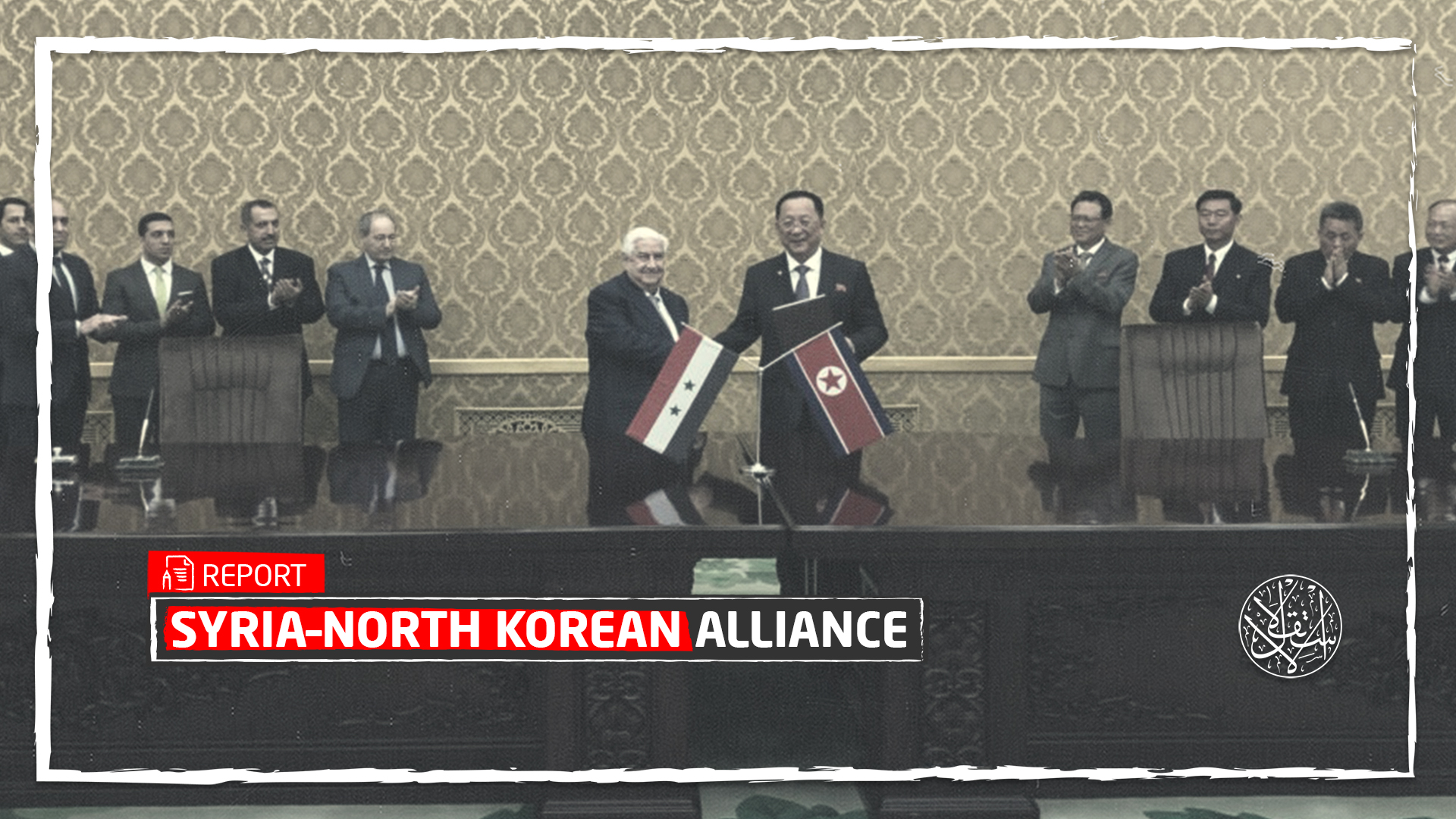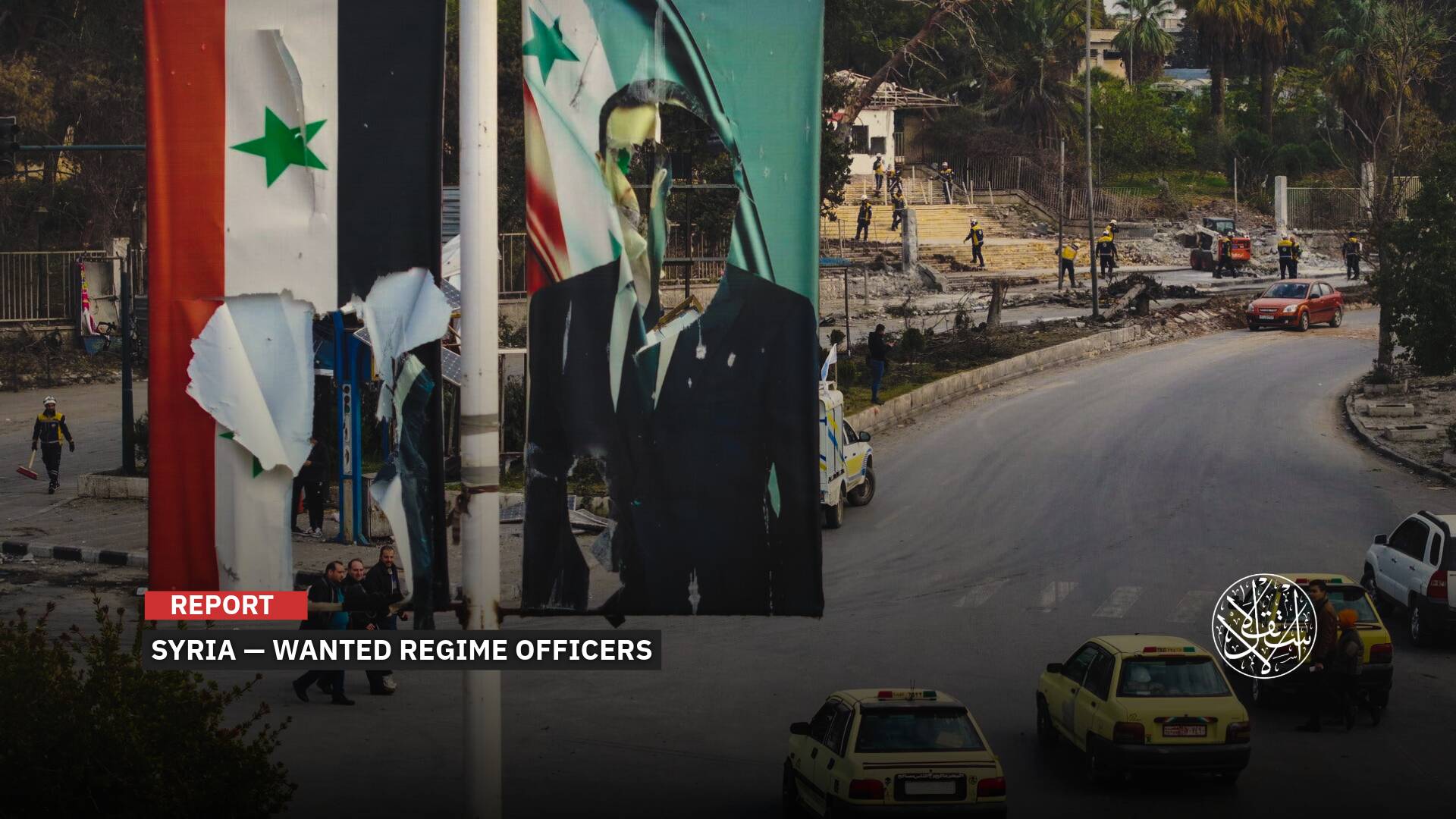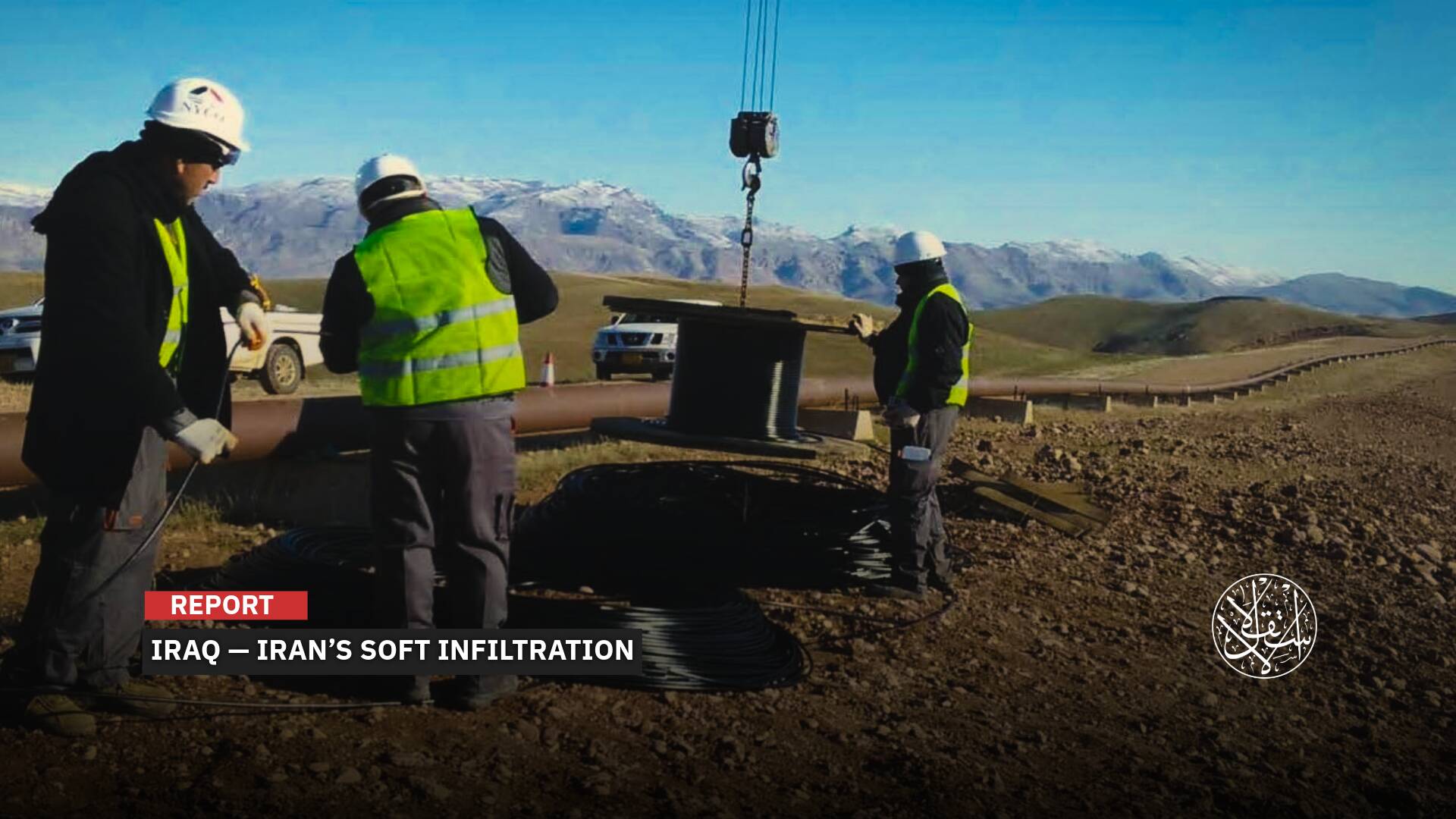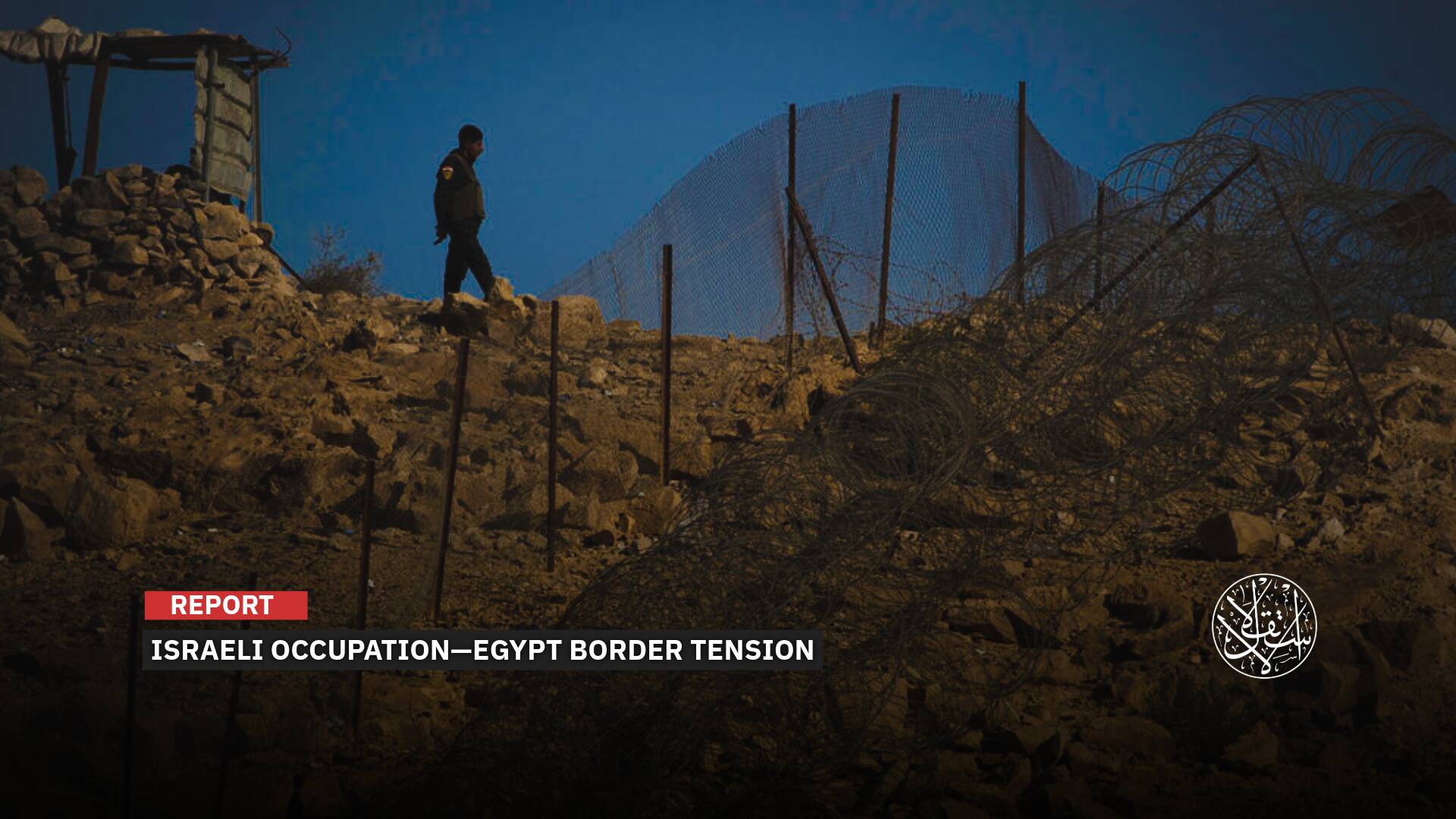Why is the Assad Regime Turning to North Korea?

Since the invasion of Ukraine in February 2022 by Russia, the latter has pursued a strategy of leveraging countries with which it maintains good relations to support it by rehabilitating its infrastructure that has been damaged over the past decade.
The Syrian regime's committees have been intensifying their meetings with a number of countries to benefit from their expertise, rehabilitate companies in need of spare parts, and even provide them with modern technologies.
In the latest update in this context, the Syrian-North Korean Joint Technical Committee for Industrial Cooperation discussed the possibility of benefiting from the technical expertise of "Pyongyang" in the rehabilitation of production lines and machines of the affected companies of the General Organization for Engineering Industries.
The meeting, which the parties held at the Assad regime's Ministry of Industry building on August 11, 2022, was chaired by Industry Minister Ziad Sabbagh and Chargé d'affaires at the North Korean Embassy in Damascus, Kim Hye-Ryong.
The two sides reviewed the current status of the companies of the General Organization for Engineering Industries for investment and agreed to draw a road map for joint cooperation between them.
As well as reviewing on the ground the technical and legal status of companies to probe their needs of machinery, equipment, and production lines to re-launch productively again.
According to Ryong, North Korea is interested in the projects put forward by the Ministry of Industry of the government of Bashar al-Assad's regime for investment, especially in the field of pharmaceutical industries, alternative energies, and the aluminum industry.

Military Support
North Korea's entry into the Syrian regime's economic helpline is in line with a close relationship between the regime's regimes since the era of former regime President Hafez al-Assad with former leaders Kim Il Sung and Kim Jong Il.
North Korea has a long tradition of helping the Assad regime, contributing in the eighties to the rehabilitation and modernization of hundreds of Soviet-made weapons possessed by the regime.
According to press reports, North Korea helped Syria build a nuclear reactor in Deir Ezzor destroyed by an Israeli raid in 2007.
Western media have often reported that North Korea has provided the Assad regime over the past decade with military and intelligence technologies, as well as missiles and chemical weapons technologies, to suppress the Syrian people's revolution.
Following the dismantling of Syria's chemical program in 2013 after the Assad regime committed the chemical massacre in Eastern Ghouta, which killed more than 1,500 people, UN reports spoke of the Korean role in it.
UN experts have linked North Korea to chemical weapons in Syria after finding that Pyongyang had sent shipments of materials to the Assad regime that could be used to produce this type of weapon.
A report by UN investigators on February 27, 2018, said North Korea had sent chemicals to Syria, including acid-resistant tiles, valves, and thermometers.
The items are among 40 undisclosed shipments sent from North Korea to Syria between 2012 and 2017, including ballistic missile parts and other banned items.
The work of technicians for North Korea's ballistic missile system has also been noted, and they are located in facilities to produce chemical weapons and missiles in Syria, according to the New York Times.
In this context, Syrian military analyst Brigadier General Abdullah al-Asad said, "The cooperation and coordination between the Assad regime and North Korea is old in the field of chemical weapons since the era of Hafez and continued after 2011."
Al-Asaad added to Al-Estiklal that "in 2011, a new chemical weapons factory was opened on the Syrian coast with the participation of the Assad regime, Iran, and North Korea."
Relationship Repair
Hafez al-Assad strengthened his relationship with North Korea when he visited North Korea in 1974 and met with the founder of the world's most totalitarian and closed country, Kim Il.
According to Jusoor Center for Studies, Hafez al-Assad worked to import a "strategy of excessive loyalty," especially from North Korea and admired Kim Il's model of governance.
The strategy is based on the need for all components of the state to offer exaggerated loyalty to the person of the leader without excluding a party or person whatsoever. And to reward those who innovate in producing new forms of loyalty and punish those who do not offer loyalty with enough submission.

In North Korea, the regime's President Bashar al-Assad found an outlet and support after 2011 and worked hard to keep the political and economic relationship as his father.
According to the US news site NK NEWS, which specializes in analyzing Korean media and obtaining data from them, North Korean President Kim Jong-un and Bashar al-Assad exchanged correspondence 12 times in 2021.
The regimes of North Korea and Syria are combining international sanctions, Pyongyang over its nuclear weapons program, and the Assad regime for suppressing a popular revolt against it in 2011.
Bashar al-Jaafari, the Syrian regime's deputy foreign minister, outlined the nature of the relationship with the North Korean regime by saying it was "an untestable partnership."
He went on to say from inside North Korea's embassy in Damascus on April 13, 2022: "There is a similarity in the political and geopolitical analysis of most of the events in the world, the latest of which was the vote of the two countries in the same way on the Western draft resolution against Russia."
Transfer Experience
Those interested in Syria assert that the Assad regime, which is going through a dilapidated economic situation, especially after its ally Russia entered an open war with its neighbor Ukraine and drained it there, has become more in need of securing alternatives to its economy on more than one level.
They assert that the Assad regime is trying to benefit from North Korea's experience in bypassing the blockade imposed on it and to benefit from its expertise in gradually restarting damaged facilities, especially power plants.
On February 8, 2022, the Minister of Internal Trade and Consumer Protection, Amr Salem, met with the North Korean Ambassador to Damascus and listened to a detailed explanation of Pyongyang's experience in overcoming the blockade imposed on it and upgrading the livelihood of the Korean people despite the pressures.
Currently, the data confirm that the Syrian regime is focusing its attention on the restart of factories owned by the public sector, as about 45 of them are in its areas of influence in need of rehabilitation.
That is why the Assad regime is trying to grow its economic relationship with North Korea more than ever, especially since they have previously signed a number of agreements.

In 2014, the two sides signed a series of economic and trade agreements covering areas such as industry, banking, oil, aviation, and tourism.
On December 11, 2019, the Syrian-North Korean Economic Commission concluded a cooperation agreement in several areas, which included the use of Korean companies in reconstruction, rapid construction, real estate investment, facility design, and seismic protection.
On June 8, 2022, the Syrian regime and North Korea signed an agreement on air services and a memorandum of understanding in the field of air transport between the two sides.
Under the agreement, the aviation authorities of the two countries have the right to designate airlines for the purpose of operating the agreed lines, to provide mutual exemptions in customs and indirect taxes, including import duties for spare parts, and to recognize certificates and licenses issued by the parties to the contract.
The agreement also provides for several cooperative clauses such as traffic, revenue transfer, financial tariffs, business activities, exchange of information, and provision of consultations and experiences.
Sources
- Assad regime, North Korea sign air transport agreement [Arabic]
- The Syrian-Democratic Korean Joint Technical Committee discusses the rehabilitation of engineering industry companies [Arabic]
- Supply Minister Listens to Explanation of North Korea's Experience in Overcoming the Blockade [Arabic]
- Assad and the North Korean leader.. The secret of messages exchanged [Arabic]









